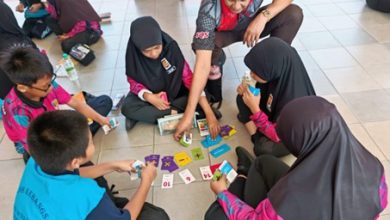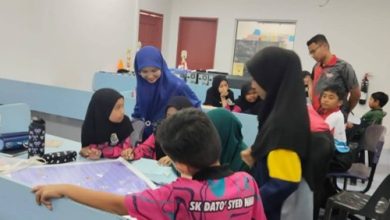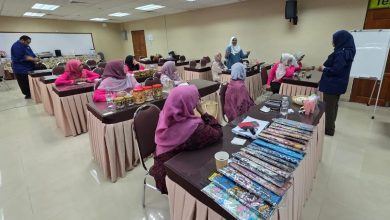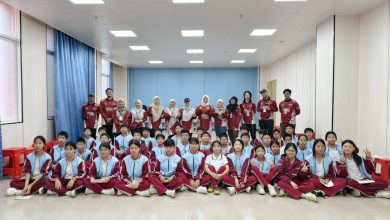US–Malaysia Bilateral Trade Spotlighted at OYAGSB BizTalk
News and photos Hairul Naim Johari
KUALA LUMPUR, 27 November 2025: The recent OYAGSB BizTalk, hosted by the Othman Yeop Abdullah Graduate School of Business (OYAGSB), Universiti Utara Malaysia, spotlighted Malaysia’s evolving role in global trade with a focus on its strategic ties with the United States.
Centred around the theme “US–Malaysia Bilateral Trade: Way Forward,” the session examined Malaysia’s trade prospects amid shifting geopolitical dynamics and global supply chain realignment.
The event was moderated by Professor Ts. Dr. Norazah Mohd Suki, Deputy Dean of Research, Innovation and Corporate Relations at OYAGSB, featured Dato’ Siobhan Das, Chief Executive Officer of the American Malaysian Chamber of Commerce (AMCHAM), as the keynote speaker.

In her address, Dato’ Siobhan highlighted AMCHAM’s strategic role in advancing Malaysia’s economic growth. She noted that the chamber now represents more than 300 member companies across various industries, serving as a powerful platform for trade and collaboration between the United States and Malaysia.
The session reinforced Malaysia’s position as a trusted partner in global manufacturing and logistics, particularly in high-value sectors such as electrical and electronics (E&E), aerospace, and healthcare.
Dato’ Siobhan emphasized that Malaysia’s strong regulatory framework and robust intellectual property (IP) protections continue to strengthen its appeal to international investors.
Discussions also explored recent trade agreements aimed at streamlining regulatory processes, attracting high-quality foreign investment, and creating high-skilled employment opportunities for Malaysians.
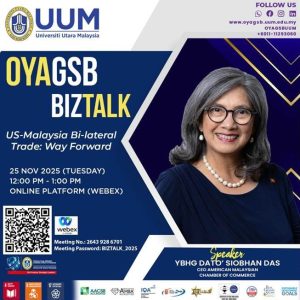
“Malaysia’s strategic location, situated between the United States and China, serves as a key competitive advantage, enabling the country to pursue a neutral and pragmatic trade policy that delivers mutual benefits,” she said.
Dato’ Siobhan further highlighted the deepening U.S.–Malaysia trade relationship, which is opening new avenues for talent development, innovation, and entrepreneurship.
To build on this momentum, she stressed the importance of continued investment in education, skills training, and workforce development to prepare Malaysians for the demands of a rapidly evolving global economy.
Looking ahead, Dato’ Siobhan identified several key challenges, including the need for sustainable manufacturing practices, the burden of rising energy costs, and limited access to financing for small and medium enterprises (SMEs).
She emphasised that enhancing SME participation in global supply chains is essential to achieving inclusive and sustainable economic growth.
The session concluded with a clear message: Malaysia is strongly positioned to strengthen its global trade footprint, provided it remains committed to regulatory excellence, human capital development, and SME empowerment.


